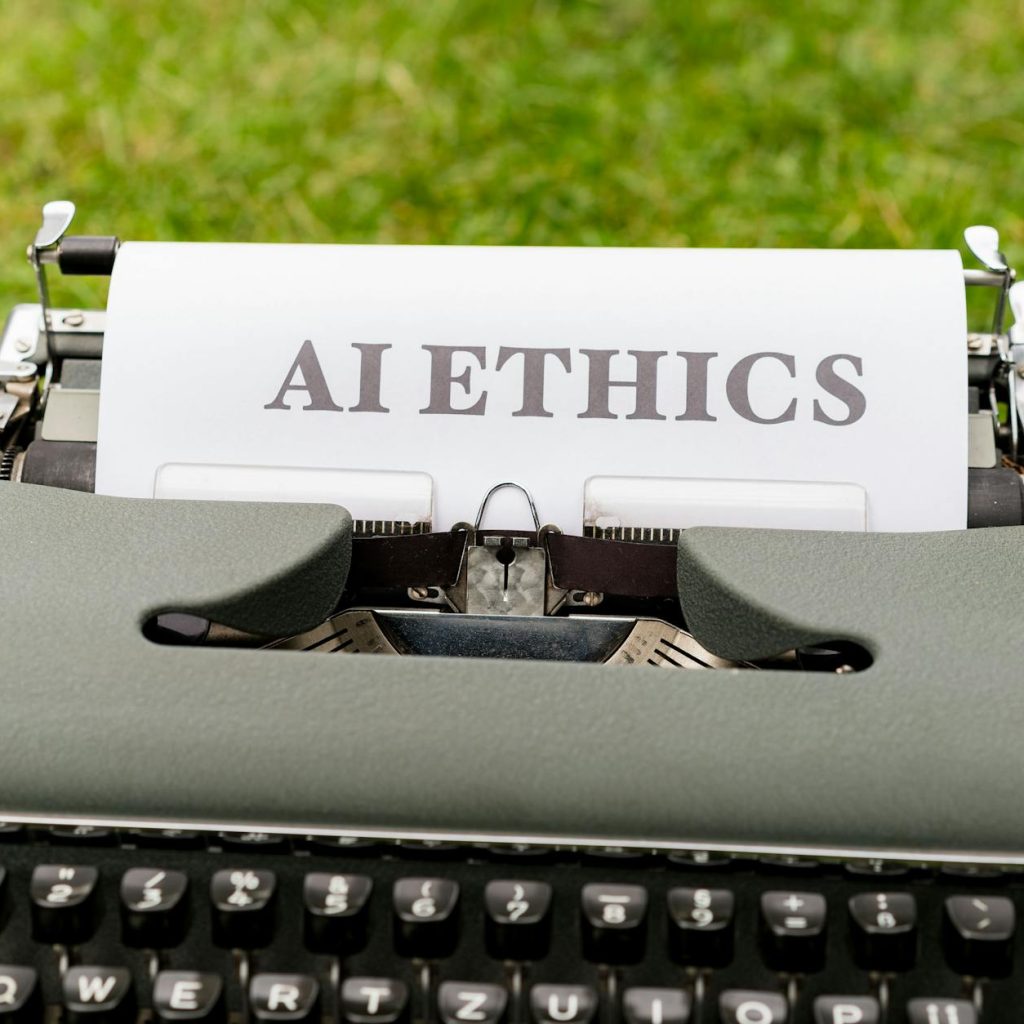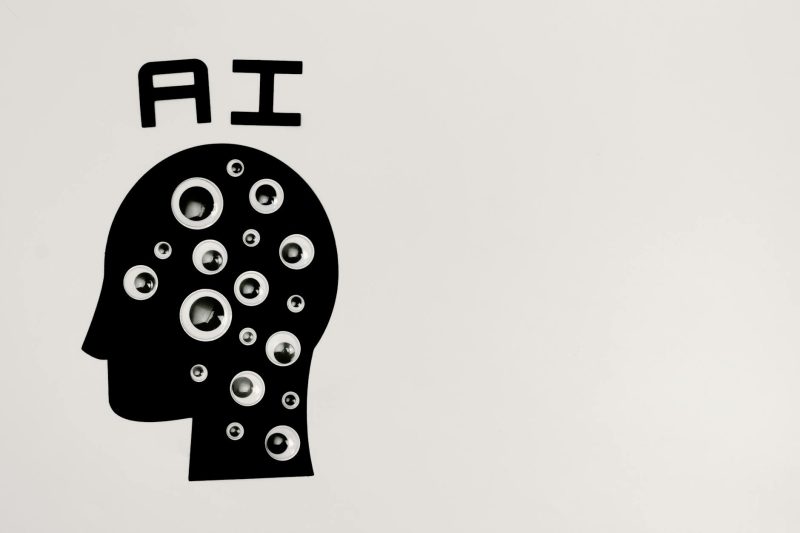Stunning AI Surveillance Ethics Revealed
Exploring the Intersection of Technology and Privacy in a Connected World
AI surveillance ethics has become one of the most pressing topics in the modern digital age. As technology advances, the use of AI for monitoring and analyzing human behavior has expanded exponentially, raising critical questions about privacy, security, and human rights. The integration of artificial intelligence into surveillance systems has brought unprecedented efficiency to industries ranging from law enforcement to retail. However, with this power comes a host of ethical concerns that demand careful consideration. Let’s delve into the stunning revelations about AI surveillance ethics and what they mean for our increasingly connected world.
The Power of AI Surveillance
AI surveillance is revolutionizing how organizations monitor and manage their environments. From facial recognition systems in public spaces to predictive analytics in business settings, the technology is designed to enhance safety, improve efficiency, and streamline decision-making. For instance, AI-powered surveillance can detect unusual patterns in real-time, allowing authorities to preempt potential threats. In a recent study, AI-driven surveillance was shown to reduce crime rates in urban areas by up to 30%.
Yet, as impressive as these capabilities are, they also open the door to significant ethical dilemmas. The most critical issue is the potential erosion of privacy. The ubiquity of AI surveillance in public spaces, workplaces, and even private homes raises questions about where the line is drawn between security and overreach.
The Ethical Dilemmas of AI Surveillance
The heart of the debate lies in balancing the benefits of AI surveillance with its potential risks. Here are some key ethical concerns:
1. Privacy Violations
The widespread adoption of AI surveillance systems has sparked intense debate over privacy. Unlike traditional CCTV cameras, AI systems can analyze and process vast amounts of data, including facial recognition, behavioral patterns, and even emotional states. This level of granularity could lead to invasive monitoring, where individuals are tracked without their consent.
For example, in 2022, the city of Xiaogan in China deployed AI-powered glasses that could identify individuals in real-time. While the technology was designed to improve public safety, critics argued that it infringed on residents’ right to remain anonymous. This raises a critical question: How do we ensure that the benefits of AI surveillance do not come at the cost of individual privacy?
2. Bias and Discrimination
Another significant ethical concern is the potential for bias in AI surveillance systems. Many AI algorithms are trained on datasets that may reflect existing societal biases, leading to unfair or discriminatory outcomes. For instance, studies have shown that some facial recognition systems are far less accurate for people of color compared to white individuals. This raises the possibility of wrongful identification, which could have serious consequences in criminal justice or employment settings.
To address this, organizations must prioritize the development of equitable AI systems. This includes using diverse training datasets, implementing rigorous testing, and ensuring that AI decisions are transparent and accountable.
3. The Transparency Problem
AI surveillance systems often operate as “black boxes,” with their decision-making processes unclear to the public. This lack of transparency can lead to mistrust and challenges in holding systems accountable for errors or misuse. For example, if an AI system incorrectly flags someone as a security threat, the absence of clear explanations can make it difficult to appeal or correct the mistake.
Transparency is essential to building trust in AI surveillance. Developers and organizations must strive to create systems that are explainable and auditable, ensuring that users understand how decisions are made and how they can be challenged if necessary.
4. Manipulation and Exploitation
The sophistication of AI surveillance also opens the door to manipulation and exploitation. For instance, deepfake technology, which uses AI to create realistic but fake images or videos, could be used to falsify evidence or spread misinformation. This raises concerns about how AI surveillance might be misused by malicious actors.
Businesses and governments must implement strict safeguards to prevent the misuse of AI surveillance technologies. This includes establishing clear guidelines for their use and ensuring that the technology is not exploited for unethical or illegal purposes.
AI Surveillance in Different Industries
The ethical implications of AI surveillance vary depending on the industry and application. Let’s explore how different sectors are grappling with these challenges:
Law Enforcement and Public Safety
In law enforcement, AI surveillance is often touted as a tool to improve public safety. For example, AI-powered cameras can detect weapons, monitor suspicious behavior, and even predict potential threats. However, the use of these systems in police departments has raised concerns about overpolicing and the targeting of marginalized communities.
Cities like New York and London have implemented AI surveillance systems to combat crime, but civil liberties groups argue that these systems disproportionately impact people of color and other vulnerable populations. The debate highlights the need for ethical guidelines that ensure AI surveillance is used responsibly and without bias.
Business and Retail
In the retail industry, AI surveillance is being used to enhance customer experiences and prevent theft. For example, AI-powered cameras can analyze foot traffic, monitor inventory, and even track customer behavior to optimize marketing strategies. However, these systems also raise concerns about data collection and consumer privacy.
Shoppers may not always be aware that they are being monitored, and the collection of their data could be shared with third parties without their consent. Retailers must balance the benefits of AI surveillance with the need to protect customers’ privacy and maintain trust.
Healthcare and Wellness
The healthcare industry is also exploring the potential of AI surveillance to improve patient care. For example, AI systems can monitor patients with chronic conditions, detect anomalies in real-time, and alert healthcare professionals to potential risks. However, the use of AI surveillance in healthcare raises ethical questions about data security and patient autonomy.
As AI becomes more integrated into healthcare, providers must ensure that patient data is protected and that individuals have control over how their information is used. Transparency and consent are key to maintaining trust in these systems.
The Future of AI Surveillance
As AI surveillance technology continues to evolve, it’s clear that the ethical challenges it presents will only grow more complex. To navigate this landscape, society must engage in ongoing dialogue about the role of AI in surveillance and how to ensure its responsible use.
One approach is to establish robust regulatory frameworks that govern the development and deployment of AI surveillance systems. These frameworks should prioritize transparency, accountability, and the protection of individual rights.
Additionally, organizations must prioritize ethical considerations during the design and implementation of AI surveillance technologies. This includes engaging with diverse stakeholders, conducting rigorous testing, and addressing potential biases before they cause harm.
Conclusion: The Way Forward
The stunning revelations about AI surveillance ethics remind us that technology is a double-edged sword. While AI surveillance offers significant benefits for safety, efficiency, and innovation, it also poses serious risks to privacy, fairness, and human rights.
To harness the power of AI surveillance responsibly, we must strike a balance between security and privacy, innovation and ethics. This requires collaboration among governments, businesses, and individuals to create systems that are both effective and equitable.
As we continue to navigate the intersection of technology and humanity, the decisions we make about AI surveillance will shape the future of our connected world. By prioritizing ethical considerations and fostering open dialogue, we can ensure that AI surveillance serves the greater good without compromising the values we hold dear.
Reflecting on the ethical implications of AI surveillance, it’s clear that this is a conversation that will continue to evolve. At BeNewsMag.com, we’re committed to exploring these critical topics and providing insights that help you navigate the complexities of modern, connected living. Stay tuned for more thought-provoking articles and join the conversation.



